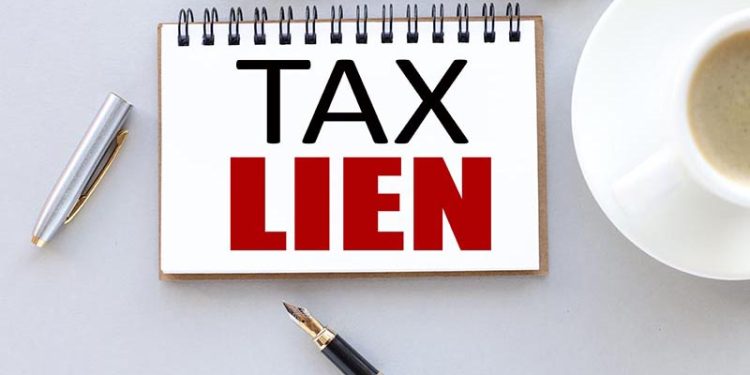If you owe money to the Canada Revenue Agency (CRA) or the Quebec Revenue Agency (ARQ), they (like all creditors) will attempt to collect that debt from you. If the debt is large and you fail to repay it or negotiate acceptable terms, the CRA and ARQ have the right to register a lien on your home or other property (such as a cottage). This doesn’t mean you’ll immediately lose the property, and there are steps you can take to get the lien released.
How do tax liens work?
A Tax Lien works like any other lien. This is a legal claim against your property that remains in place until you repay the debt owed, or the property is sold and the proceeds of the sale are used to pay off the outstanding loan amount first. mortgage, then the tax debt. Any money remaining after paying off these debts will be yours.
Can the CRA and ARQ seize my house?
In principle, yes. However, the CRA and ARQ do not have a policy of leaving people homeless, so if the property is your primary residence, you will have ample opportunity to find other sources of payment. If a significant amount of time passes and you still haven’t made payment arrangements, the CRA and ARQ can issue a writ of seizure and sale, which will then be your final warning. If you still do not pay your arrears, the CRA and ARQ can seize your property and force you to vacate it.
If it’s a cottage or vacation home, chances are the CRA and ARQ will sell the property and use the proceeds to pay off your Tax Shelter debt.
How do I know if the CRA has registered a lien on my property?
Generally, if the CRA or ARQ registers a certificate of arrears in Federal Court, they will send you a letter to let you know. You will then know that she intends to register a lien on your property. If she does that, she will send you another letter. However, if the CRA and ARQ do not have your mailing address, chances are you will not be notified of the lien registration unless you attempt to sell or refinance your property.
If you owe the CRA or ARQ a considerable amount of money and you believe they may have registered a lien on your home, you can conduct a title search at the Land Registry Office.
If the CRA or ARQ has registered a lien on my home, can I still sell (or refinance) it?
Even if the CRA or ARQ has registered a lien on your home, you can sell or refinance it. However, following the sale or refinance, after the unpaid amount of the mortgage loan has been paid off, the CRA and ARQ can generally claim a refund, and you will then have to pay off your secured tax debt in full before being able to touch any part of the product.
What if I owe the CRA or ARQ more than the value of my property?
If your property is sold and the proceeds are not enough to repay your debt to the CRA or ARQ in full, you will still owe them the unpaid portion of the debt. My spouse and I hold joint title to our home, but I am the only one with back taxes. What will happen now?
The CRA and ARQ can register a lien on the property that you and another person jointly own. However, if the property is sold or refinanced, they will only be able to make a claim against your share of the equity. If your spouse has no tax debt, the CRA and the ARQ could not touch his share.
Can’t I just declare bankruptcy?
Unfortunately, even if you file for bankruptcy, it will not release the Tax Lien on your home. Even after you’ve been discharged, the lien will remain in place and interest will continue to accrue until the property is sold and the money is used to pay off your tax debt. I owe back taxes and the CRA or ARQ has registered a lien on my house. What steps do I need to take to get it released?
You have three options:
- You can negotiate a payment plan directly with CRA or ARQ. Once your tax arrears are paid in full, the CRA or ARQ will release the lien.
- You can sell your home and use the proceeds (after paying off the first mortgage) to pay off your CRA or ARQ debt. Remember that if the sale proceeds aren’t enough to pay off all of your debt, you’ll still be responsible for the unpaid portion.
- You can file a consumer proposal. This will not have an immediate effect on the lien, but it is possible to include in the proposal a clause stipulating that the CRA or ARQ must release the lien once the proposal has been fully executed. Of course, you will first need to obtain CRA or ARQ consent to the proposal. This will depend on the amount of your unpaid tax debt and the payment plan you offer.
- In conclusion, tax arrears should not be taken lightly. Whether the CRA or ARQ has already registered a lien on your home or not, if you have unpaid taxes, it is important for you to take action immediately, in order to avoid any further problems.














